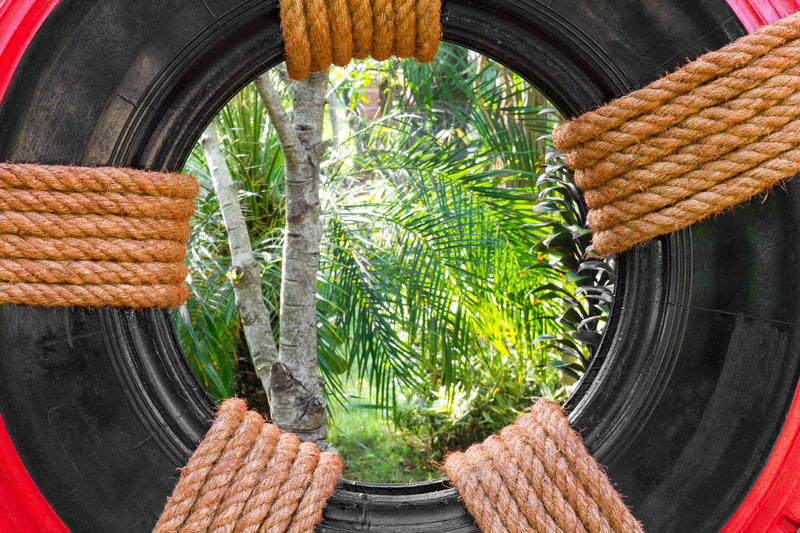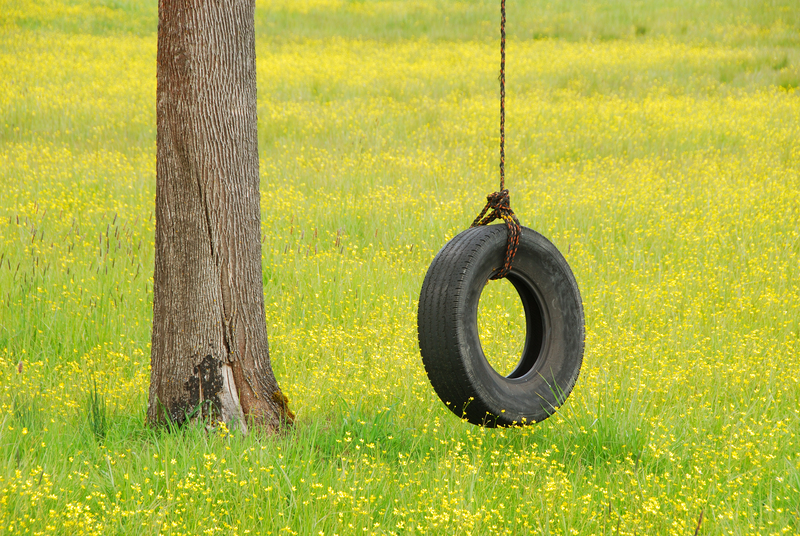Sustainable Living: 10 Ways to Reduce Your Green Waste
In today's rapidly changing world, the concept of sustainable living has become more crucial than ever. A pivotal aspect of this lifestyle is the reduction of green waste, which not only helps the environment but also promotes healthier living. This article delves into effective strategies to minimize organic waste at home, making it an invaluable resource for those keen on embracing sustainability.
Understanding Green Waste
Before diving into strategies to reduce it, let's first understand what green waste entails. Typically, it includes organic waste such as grass clippings, branches, leaves, and garden debris. This type of waste, if not managed properly, contributes significantly to our landfills, releasing harmful methane gases during decomposition.
The Environmental Impact
Improper disposal of green waste increases greenhouse gas emissions, which contribute to climate change. By effectively managing our organic waste, we can play a part in preserving the planet for future generations. Here are 10 actionable steps to help you reduce your green waste and contribute to sustainable living.

1. Embrace Composting
Composting is perhaps the most effective way to reduce green waste. By turning organic matter into nutrient-rich soil, you not only reduce waste but also improve soil health.
- Set up a compost bin or pile in your backyard.
- Include a mix of green materials (like grass clippings) and brown materials (such as dried leaves).
- Regularly turn your compost pile to speed up decomposition.
This process will significantly reduce the amount of waste going to landfills and provide you with natural fertilizer for gardening.
2. Practice Grasscycling
A straightforward technique to decrease green waste is grasscycling. This method involves leaving grass clippings on the lawn after mowing.
- Clippings break down quickly and return nutrients to the soil.
- This eliminates the need to dispose of the grass, reducing waste and enhancing lawn health.
3. Implement Mulching
Mulching is another effective strategy to handle garden waste. It involves spreading organic matter on the soil surface to retain moisture, enrich the soil, and minimize weed growth.
- Use bark, wood chips, or shredded leaves as mulch.
- Mulching not only reduces waste but also provides an aesthetic appeal to your garden.
4. Choose Native Plants
Integrating native plants into your landscape can significantly decrease green waste.
- Native plants require less pruning and maintenance compared to exotic species.
- They are naturally adapted to local conditions, needing less water and fertilizer.
By lowering the maintenance needs, you contribute to reducing garden waste over time.
5. Plan Strategic Landscaping
Well-planned landscaping can aid in minimizing green waste generation.
- Group plants based on water and maintenance needs to reduce waste.
- Consider planting perennials instead of annuals to lessen yearly waste generation.
6. Recycle Green Waste Locally
Many communities have programs for composting and recycling green waste.
- Check with local waste management to see if curbside pickup for organic waste is available.
- Local recycling centers might accept leaves, branches, and lawn clippings.
7. Reduce Lawn Size
Lawns often contribute significantly to green waste production.
- Consider reducing the size of your lawn by adding hardscaping features or expanding garden beds.
- This approach not only reduces waste but can lower water and fertilizer needs.
8. Create Green Waste Art
Another creative solution is to reuse green waste as art.
- Branches and sticks can be turned into crafts or garden sculptures.
- Dry leaves and flowers can be used for home d?cor projects.
This not only helps in waste reduction but adds a unique personal touch to your space.
9. Support Local Farmers
Rather than buying from distant sources, purchasing from local farmers reduces the overall green waste footprint and supports sustainable agricultural practices.
- Local products generally require less packaging and transportation.
- You can return organic packaging to the farm for reuse.

10. Educate and Spread Awareness
Knowledge is power when it comes to sustainable living. Share your green waste reduction practices with family and friends.
- Host a workshop or demonstration on composting or grasscycling.
- Encourage local community groups to adopt waste reduction strategies.
By spreading awareness, you help create a ripple effect, encouraging others to adopt sustainable practices.
Final Thoughts
Reducing green waste doesn't require significant sacrifices; it merely demands thoughtful action and minor lifestyle adjustments. By incorporating these 10 strategies into your routine, you contribute not only to sustainability but also enhance the quality of your immediate environment. Remember, every small effort counts towards a more sustainable planet.
Embrace these practices and initiate your journey towards a greener, more sustainable lifestyle today!